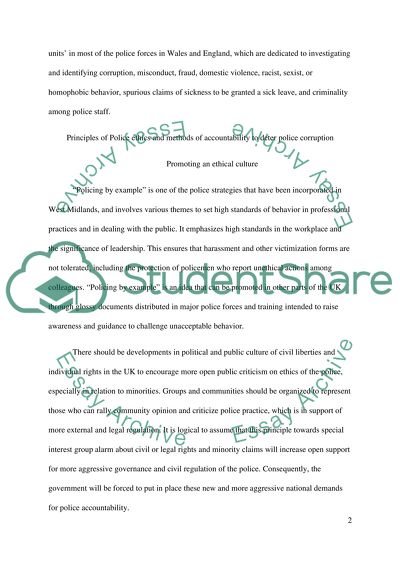Cite this document
(“Police and Society Assignment Essay Example | Topics and Well Written Essays - 2250 words”, n.d.)
Retrieved from https://studentshare.org/law/1450257-police-and-society-assignment
Retrieved from https://studentshare.org/law/1450257-police-and-society-assignment
(Police and Society Assignment Essay Example | Topics and Well Written Essays - 2250 Words)
https://studentshare.org/law/1450257-police-and-society-assignment.
https://studentshare.org/law/1450257-police-and-society-assignment.
“Police and Society Assignment Essay Example | Topics and Well Written Essays - 2250 Words”, n.d. https://studentshare.org/law/1450257-police-and-society-assignment.


